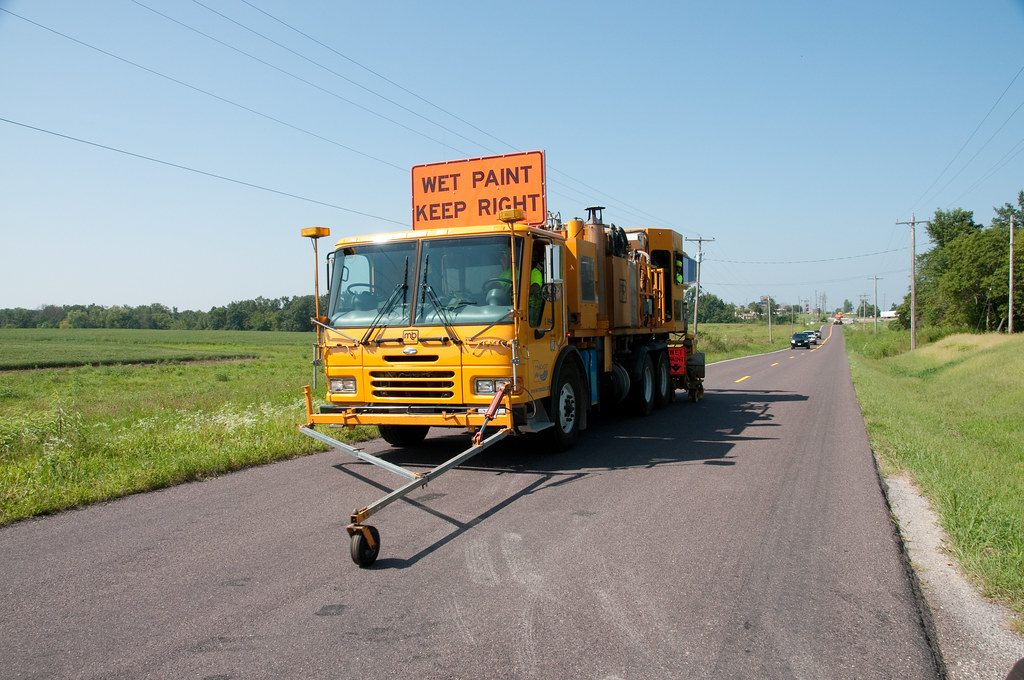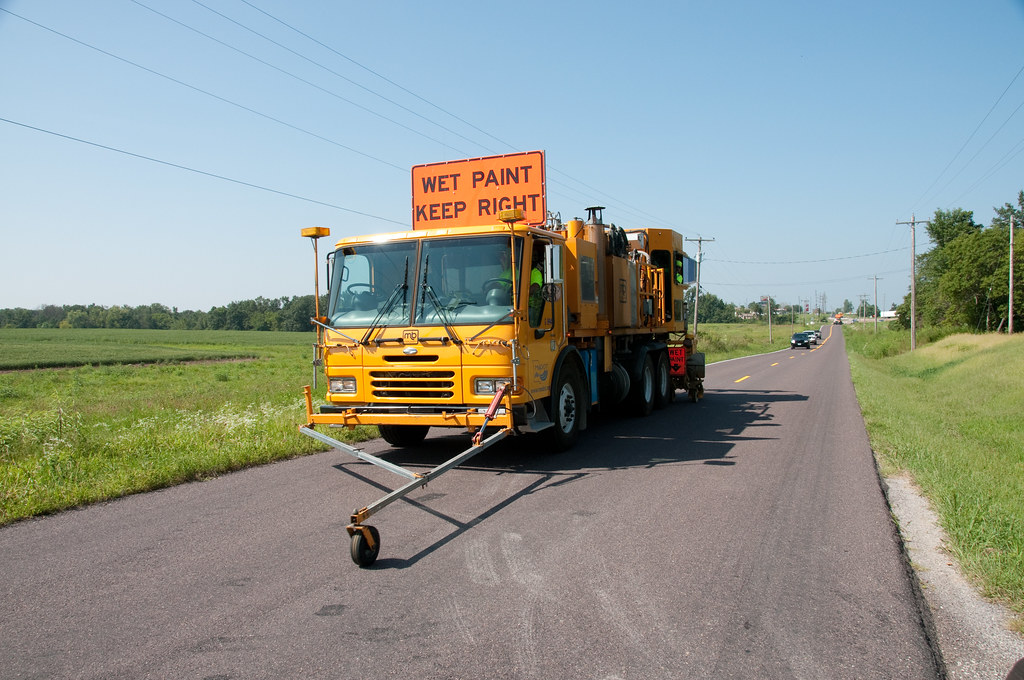
There’s a reason why Missouri voters twice rejected gas tax increases

Missouri spends more of its transportation budget on building new roads than maintaining its existing roads—23 percent of which are in poor condition. If it did a better job prioritizing maintenance, perhaps it wouldn’t need to ask taxpayers for a bailout.
The state of Missouri gets over $1 billion a year from the federal government to support their highway needs. They match that with another $1.5 billion in state transportation funding for a total of $2.5 billion in spending a year.
This large sum is what they have to cover the maintenance and upkeep of 77,000 miles of roadway. At ~$24,000 a mile per year to keep a new road in good condition, that means the state has somewhere in the neighborhood of $1.85 billion in baseline maintenance needs for its existing system each year. Of those miles of roadway, 23 percent are in poor condition. (Their repair costs could be much higher: to restore bad roads to good condition costs more than the $24k per lane-mile figure for keeping new roads in good repair.)
The bottom line is that Missouri has a lot of built-in, predictable costs that they need to cover and a pretty deep well of existing transportation funding. But Missouri, along with 20 other states across the country, is actually spending more money on building new roads than on maintaining the ones they already have. According to their own reporting, Missouri is spending 31 percent of their federal funding on new roads while spending only 20 percent on repair of existing roadways. (Note that Missouri’s largest metropolitan area, St. Louis, is heralded for having the least traffic congestion in the country, which makes you wonder why the state feels the need to widen roads.)
After spending more money on expansion than repair, Missouri cries poverty and asks its taxpayers for more money. Perhaps it’s no surprise that voters have said no to them—twice. Should a bank loan you money to expand your deck while your roof is leaking?
Now the state is selling bonds to cover the cost of replacing rural bridges—an important investment. But one has to wonder, how many bridges and roads could they have already replaced with existing funds if those funds were prioritized to maintaining existing infrastructure before building the next shiny new highway or adding more lanes somewhere? At the very least, shouldn’t taxpayers expect as much money to go into highway maintenance as into expansion?
Unfortunately, neglecting repair while spending more money on building new roads is perfectly legal and permissible under the federal transportation program. Congress is just fine with Missouri neglecting needed repairs and increasing their overall need by adding more lanes, and as a result, Missouri is not alone.
This lack of accountability and clear priorities is why Missouri’s roads—and other roads, bridges, and transit systems in poor condition across the country—won’t be fixed by simply spending more money. In spite of unprecedented high levels of transportation funding, including from the Recovery Act, roadway conditions nationally have deteriorated over the last 10 years. Even if we double nationwide transportation spending, there is no guarantee that roads will improve in Missouri or elsewhere without a change to the underlying policies. This is why every conversation about transportation policy that begins and ends with money just isn’t good enough right now.
Missouri is fortunate to have powerful members of Congress that are uniquely positioned to change and improve policy. We can require states receiving federal money to maintain roads before building new ones. They could also require it of themselves.
Prioritizing repair is common sense. We cannot afford to waste any more time and money.
Read more about Missouri and 20 other states making the same mistake in our report Repair Priorities.




